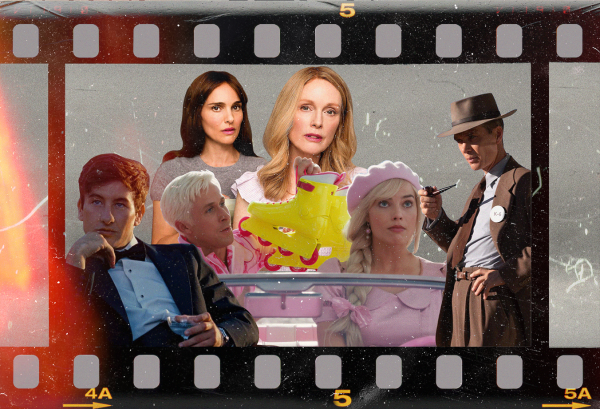Movie Review: The House that Jack Built ‘experimental’, ‘a marvel’
November 30, 2018
I have to admit– something about this movie has lingered with me since I saw the trailer in May. It has reached heights of controversy that almost no film at the Cannes film festival has ever seen– prompting near 100 walkouts. It looked unlike anything I had ever seen. Maybe such a strange use of David Bowie’s “Fame” was what captivated me, or a brief glimpse at Matt Dillon’s spine-chilling role as the titular serial killer, Jack. Whatever it was, after watching the trailer, I had to see it.
First and foremost, the thing you have to understand before viewing this movie is that in a lot of ways it is a piece of self-reflection on behalf of the director (for better or worse.) Lars Von Trier is the Danish director who helmed this film. His antics have at least earned him the designation of “provocateur” and this latest film is no exception. Make no mistake– Von Trier aims to offend you with this movie, but I’m not giving into that because this film is simply too original to not at least mildly appreciate it for what it is.
The movie is framed in five acts— or “incidents”, as Jack calls them— and is fluently weaved together through unseen narration by Jack (Dillon) and Verge (Bruno Ganz).
Before going any further, I have to address the murders– yes, they are horrifically violent and yes, they are every bit as gruesome as you’ve heard. This film is not for the faint of heart, so steer clear if that’s not down your alley (there’s an R rated edit coming to theaters in December– perhaps check it out) Where things get really interesting and experimental is in the epilogue of the film, which will raise anyone off their seat! The pacing in this film works and by the end when things all tie back together, it’s really interesting to watch.
The way the film was shot is also very interesting. The cinematography is a marvel in itself. Dark alleys, dank storage freezers, lush meadows and everything in between is shot with diligence and detail. The large set pieces in the epilogue were nothing short of spectacular, I really can’t give it enough credit. However, from time to time I found myself at odds with some of the handheld shots in the film. Some were annoying and some elevated the tension– it was hit and miss.
The standout performance here is Matt Dillon as Jack, make no mistake. Bruno Ganz as Verge is also worthy of a nod– other characters are really just in the film to meet their inevitable fate with Jack. Dillon’s performance as Jack is the most chilling portrayal of a remorseless psychopath I’ve seen to date and it is one that is surely to find a home amongst the cult crowd.
Don’t mistake my appreciation for praise. There are a lot of things to take offense with beneath this film’s surface, whether it be Von Trier’s so very obvious narcissism hidden behind Jack’s narration or the very nature of this film in general.
While I don’t think this film needs a seat at the Oscars this year or even mainstream consideration, I think this film owns it right to live in its own universe. It’s a good film for what it is. If the film hadn’t reached for something more metaphysical in the epilogue to balance out the aimless depravity, it would’ve lost me.
A lot of the reviews you may read online about this film will say it’s just a pretentious and indulgent fantasy to satisfy the director’s self-admiration– but doesn’t Tarantino do the exact same thing in his movies? My point being, watch the movie and form your own opinion. The House That Jack Built surely is something, if nothing else.
If you’re a fan of art house films, I’d give this one a look, but this is a film that you must watch on your own terms. If you’re not of experimental mind, I’d most definitely stay far away. I guess the best compliment I can give it is that I’ve never seen anything like it before.
Rating: 7/10























































































































































